A Nightmare Within a Nightmare: COVID-19 for the Chronically Ill
For such a large and vulnerable portion of our society, accounts of the experiences of immunodeficient/chronically ill during coronavirus are few and far between. This seems strange to me because the obstacles faced by a pandemic-stricken society are a macrocosm of the obstacles that a chronically ill and/or immunologically vulnerable individual faces daily. I believe that much can be learned from those of us who not only know the ins and outs of the American healthcare system but who also now must cope with “the new normal” on top of our old one.
It has been a terrifying experience to be immunocompromised in the time of a pandemic. Struggling with your health daily is like lugging around a 30-pound weight with you everywhere you go. When coronavirus hit, it was as if I was suddenly being thrown yet another huge weight to carry as well. At the beginning of quarantine, I developed the unhealthy mindset of trying not to overburden an already-strained medical system with my own problems. This led me to a dark, ugly place from which I almost did not return, and I remember the trudging days of my declining mental and physical health starting to all blend together with the viscous confusion of a nightmare within a nightmare.
I felt as if I did not “deserve” to take up medical time and resources when so many others seemed to need it more, and the increased difficulty of obtaining access to medication and healthcare resources further muddied the waters. Even as media outlets touted the importance of protecting others, I still did not feel like a priority to society. It hurt me deeply (and still does) when people near me would break quarantine or not follow safety guidelines because my life was less important to them than going to a party. It felt as if the world did not care about my life, and so I stopped caring too. I lost 10 pounds over the course of two months. By May, I was underweight, suicidal and on the verge of organ failure from my autoimmune disease. I did not fully complete my final work for the Spring 2020 semester because come finals, I could barely read or walk from such an exponential decline in my mental function.
I am happy to say that I am doing much better now after taking the summer to recover, but am in danger of being exposed often, as I have to get blood drawn, visit doctor’s offices and go to physical therapy weekly. I am one of the lucky ones — my immunodeficiency is nowhere near as severe as, for example, an individual going through chemotherapy, although I would likely still sustain permanent organ damage if I survived COVID-19. The immunocompromised do not always present as such, and people who do not look “sick enough” are often brushed aside/expected to be strong because we are “used to it.” But there is no glory in slowly losing to an invisible opponent you must fight alone.
Trinity University’s standard operating policy is that being sick is not necessarily an excuse to miss class, but this has been temporarily suspended due to COVID. This standard policy is ableist, ignorant and completely disregards the existence of many students. The university has the privilege of choosing when to acknowledge us, but unfortunately we do not have the privilege of simply choosing when to acknowledge that we have an incurable disease.
Being sick should not be a roadblock to education, and an educational institution should certainly not be aiding and abetting said roadblock. Recording all lectures — not just during the pandemic — should become standard. A doctor’s note should not be required as “proof of illness.” (Healthcare doesn’t grow on trees!) The minimum number of excused absences should be increased on every syllabus, for everyone. Students should not be accused of “taking advantage of a professor’s kindness” when asking for an extension or needing extra help. But most of all, professors should understand that as the stress of a semester increases, an immunocompromised student will almost always become sicker and sicker. Until such changes are made, Trinity University is not a good environment for the chronically ill. In the wake of COVID-19, the university owes it to its immunologically compromised students to treat us with the dignity and respect we deserve — and that we now know was capable of being given the whole time.


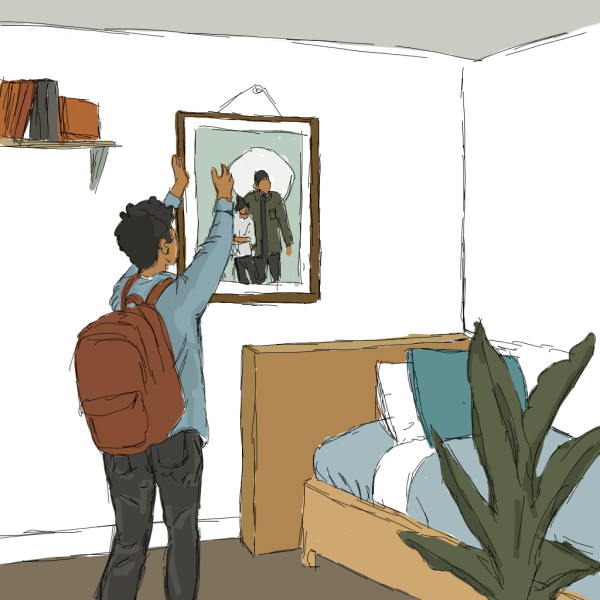
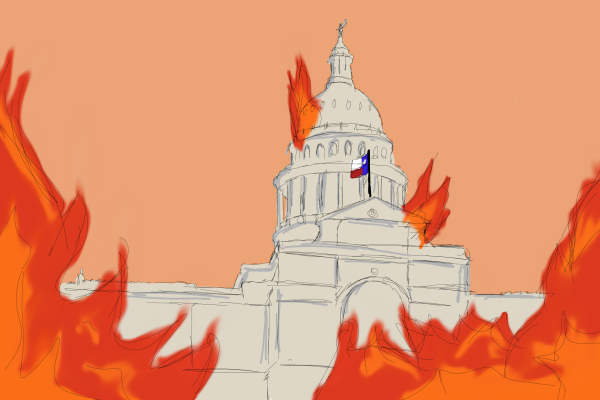


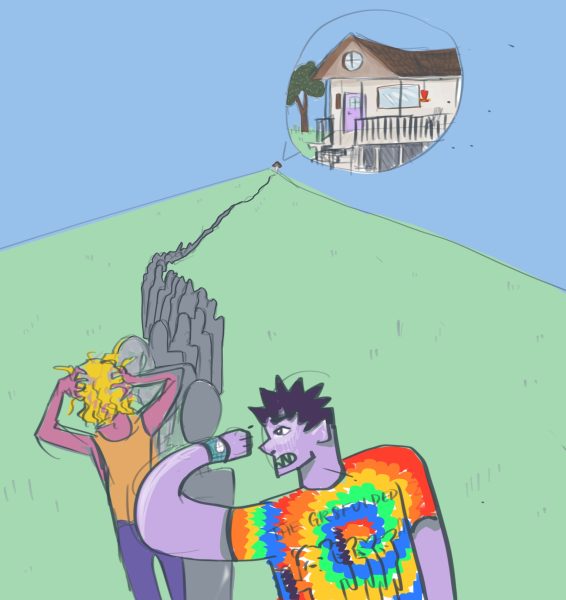

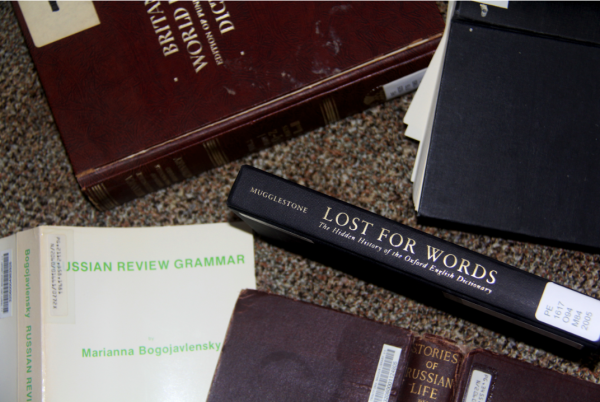

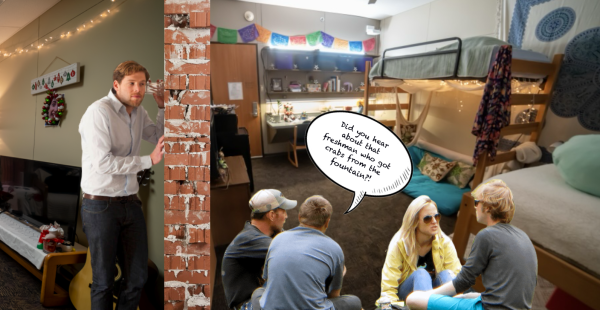
Caroline Crain • Sep 9, 2020 at 7:17 pm
Yes!! As a fellow chronically ill person, Trinity does a terrible job supporting those with chronic illnesses or physical disabilities. Even the office of student accessibility (!!!) refuses to change their academic accommodations form to allow for ICD diagnosis codes and to address non-psychological related issues. Trinity makes us fight ableism on a daily basis. Thank you!